Gap Year Semester in Latin America with Thinking Beyond Borders
- Costa Rica
- Guatemala
- Peru
- Machu Picchu
- Cusco
About Program
Explore solutions to critical global issues in communities throughout Latin America in this 13-week program.
Our well-established gap year programs are exciting, supportive, and transformational. You will engage in fun language classes, enjoy extended homestays, and have the opportunity to work with inspiring local leaders on projects that make a difference. The result? You'll learn about things that matter to you and the world. With Master's level teachers as Program Leaders, you'll also experience mentorship and support to help you uncover your purpose and direction.
Itinerary – 13 weeks:
Orientation in Guatemala – 1 week
Unit 1: Guatemala: Environmental Justice and Sustainability – 5 weeks
Enrichment: Peru: Machu Picchu and Cusco – 1 week
Unit 2: Costa Rica: Education that Empowers – 5 weeks
Culmination in Washington, D.C. – 1 week
Video and Photos
Program Highlights
- Living with host families
- Fieldwork with local experts
- Combine field work experiences, fascinating readings, and daily seminars to make learning meaningful
- Daily Spanish language classes & immersion
- Visit Machu Picchu and Cusco






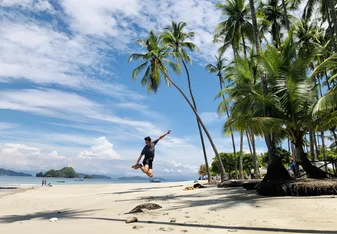
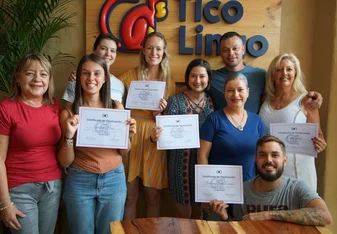
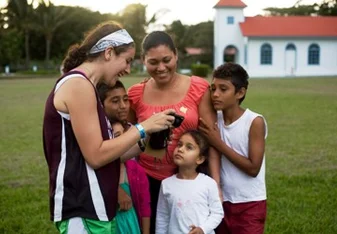





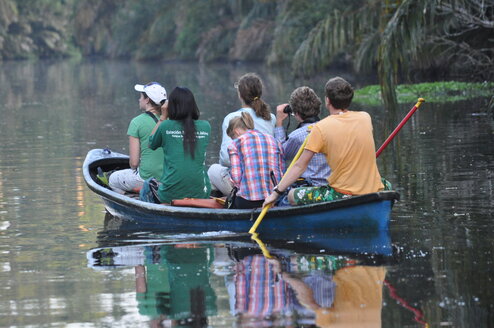
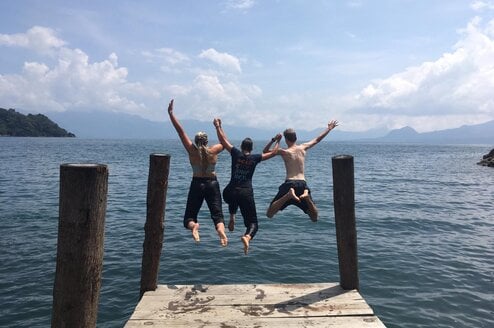
Response from Thinking Beyond Borders
Since his South America Gap Semester, Teddy has passionately pursued studies related to how to use business as a means of changing the world. During college he studied and interned abroad in Brazil and Portugal, and is graduating college with multiple exciting job offers.